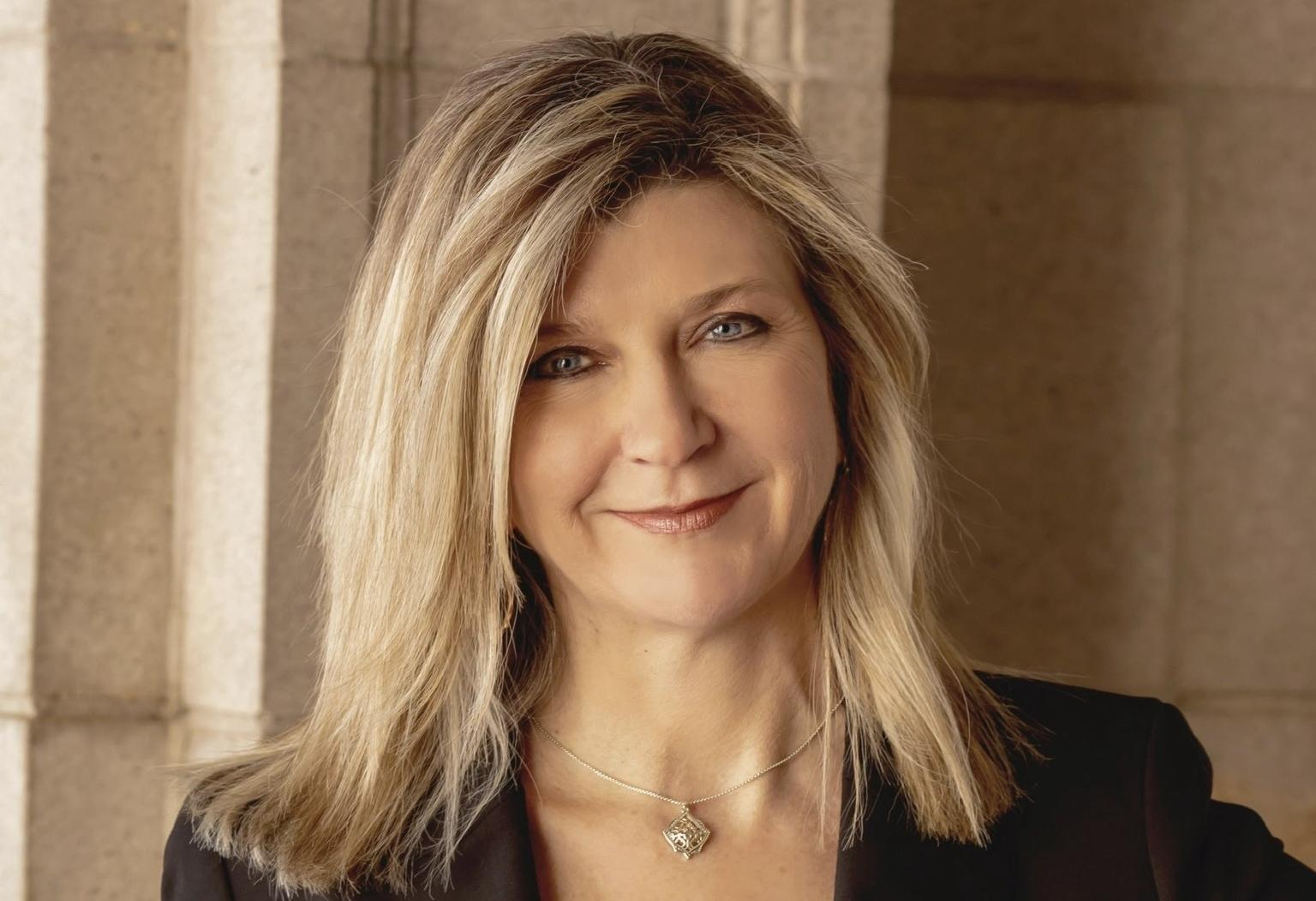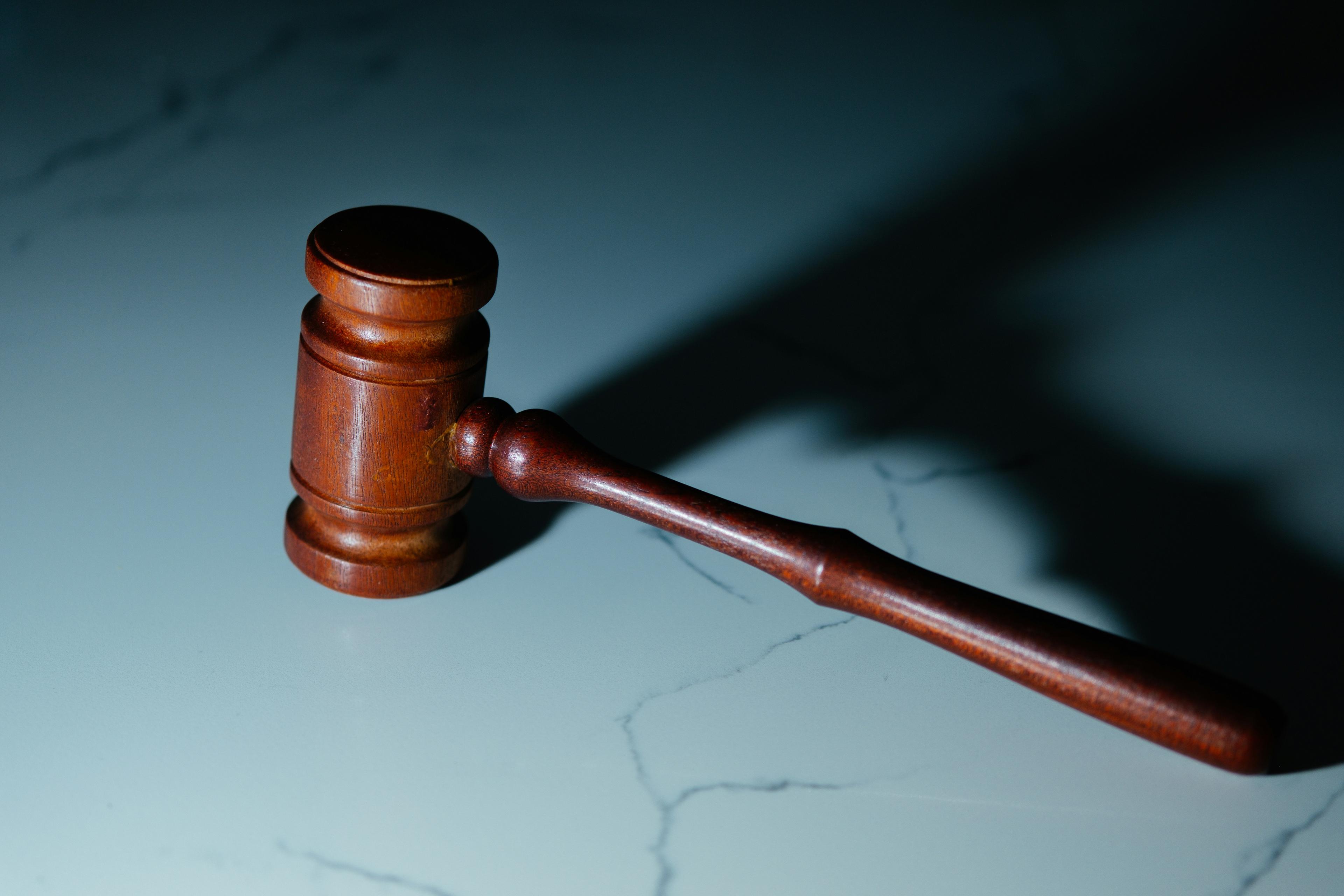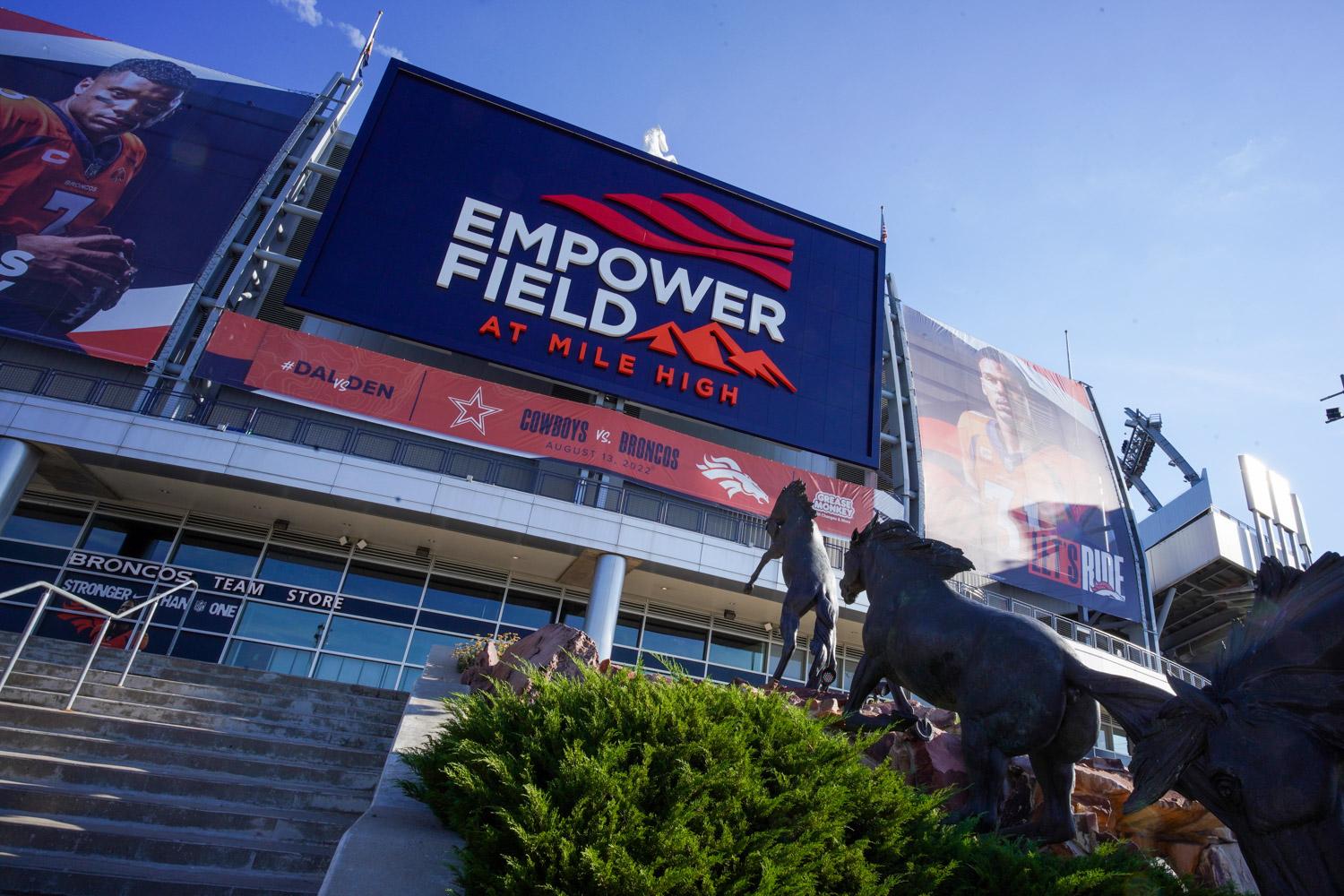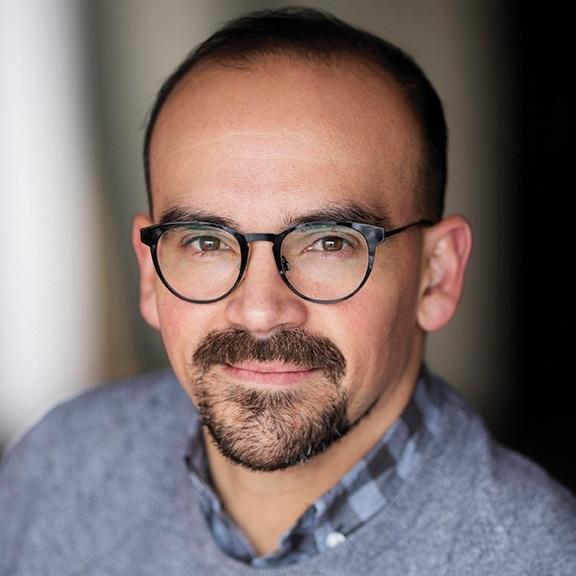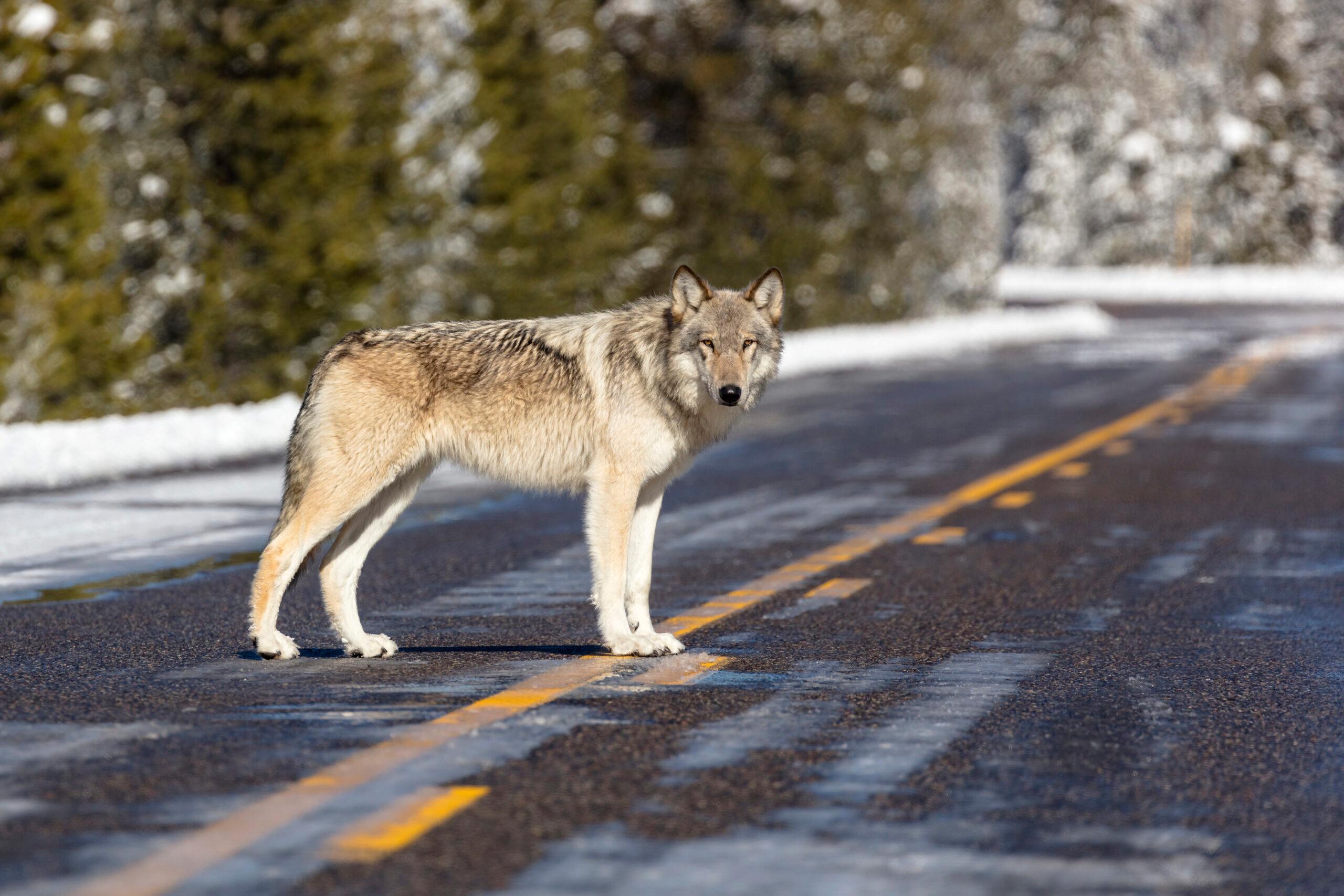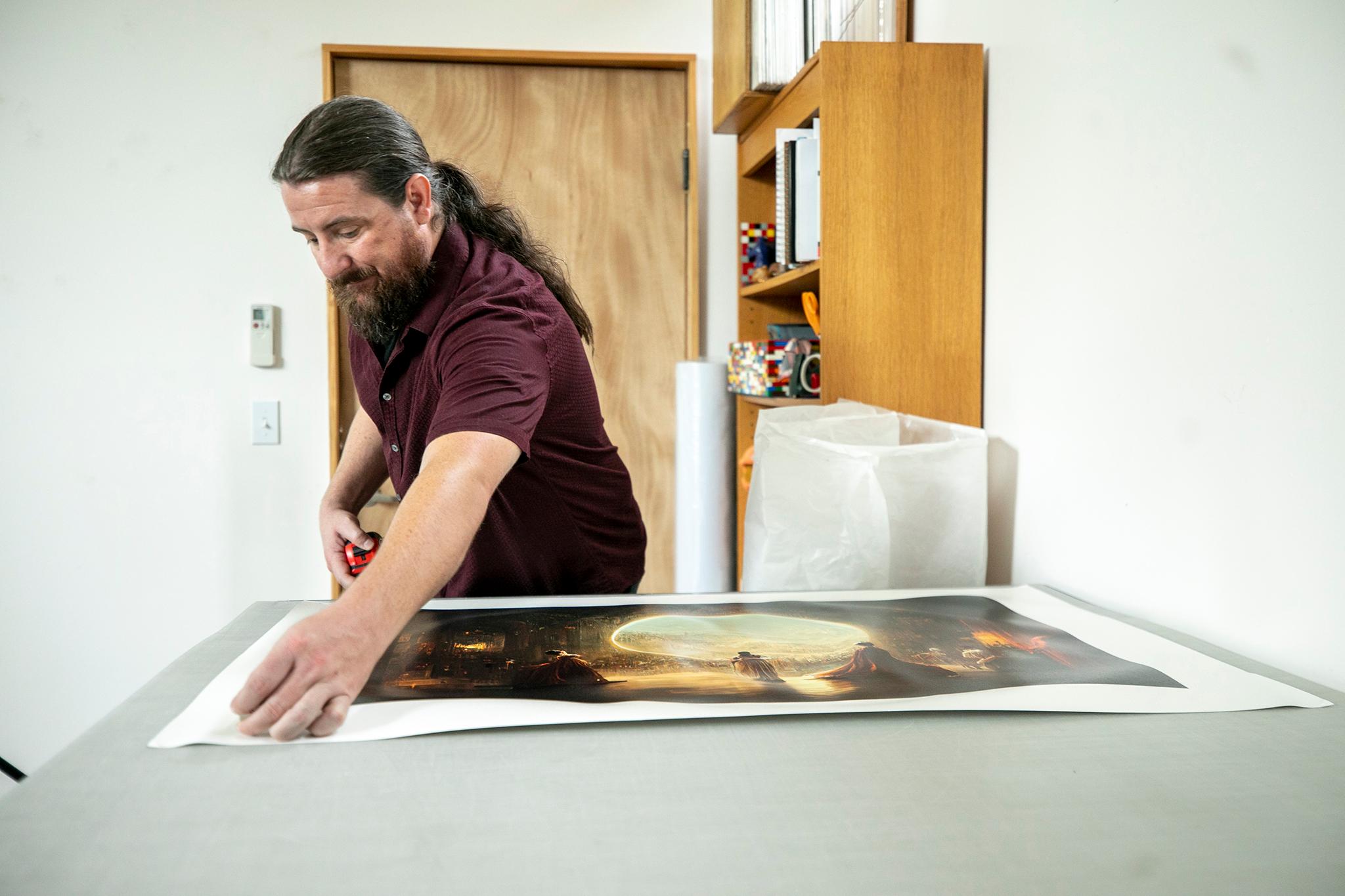
A Colorado Springs artist who sought the copyright of an AI-generated digital painting filed an appeal Thursday in the U.S. District Court in Colorado, challenging the U.S. Copyright Office's earlier decision to deny registration for Jason M. Allen's "Theatre D'Opera Spatial."
The case, which began after Allen's piece won top honors at the 2022 Colorado State Fair, has drawn significant attention from both the art world and legal circles. The ongoing legal battle has reignited debates about creativity, authorship, and the role of AI in art.
Allen has described his creative process with Midjourney, a generative AI program, as an "iterative process" where he provides detailed and repeated prompts, to generate images. He argues AI is simply another tool, like a brush or camera.
"I would challenge anyone to prove that it's otherwise,” he said. “It is a program. It is a machine. It's a device that people can use to technologically make their lives more efficient."
Allen said the copyright denial has significantly impacted his career. "I have experienced price erosion in the sense that there is a perceived lower value of my work, which has impacted my ability to charge industry-standard licensing fees," he said.
Allen also cited instances of his work being appropriated and sold without permission.
Allen’s attorney, Tamara Pester, distinguished Allen's case from the precedent-setting Thaler v. Perlmutter, a 2023 case where The U.S. District Court for the District of Columbia upheld the U.S. Copyright Office’s decision to deny Stephen Thaler copyright for his AI-generated visual work “A Recent Entrance to Paradise.” Thaler had claimed the work was created autonomously using an AI algorithm called “Creativity Machine.” The copyright office cited a lack of human authorship when rejecting his request in 2019.
"In our case, Jason had an extensive dialogue with the AI tool, Midjourney, to create his work, and we listed him as the author," Pester said. She argued the Copyright Office's decision "raises profound questions about the role of AI in the creative process and the nature of creativity itself."
The case could have far-reaching implications for artists using AI tools. Pester hopes that a favorable ruling will "give a lot of assurance to these creators using the newest technology tools that their work isn't somehow ineligible for protection or able to be infringed simply because they used the most modern tool available."
Allen said he has faced significant backlash from the art community.
"I have lost a lot of respect for artists,” he said. “Especially those who attacked me and have continued to attack me.”
Despite this, Allen said he remains committed to defending AI-assisted art.
"I am standing in defense of my rights to express myself using AI generative tools and against a popular narrative that a lot of people for some unknown agenda are pushing really hard to prevent people from being able to express themselves," he said.
Pester emphasized the need for legal frameworks to adapt "As AI continues to evolve, it is imperative that our legal framework adapts to protect the rights of humans who harness technology for creative expression.”
The appeal highlights the ongoing tension between technological advancement and traditional notions of creativity and authorship. As AI tools become more prevalent in creative industries, the outcome of Allen's case could set an important precedent for how copyright law is applied to AI-generated works.
(Editor's note: An earlier version of this story had the incorrect filing date.)

